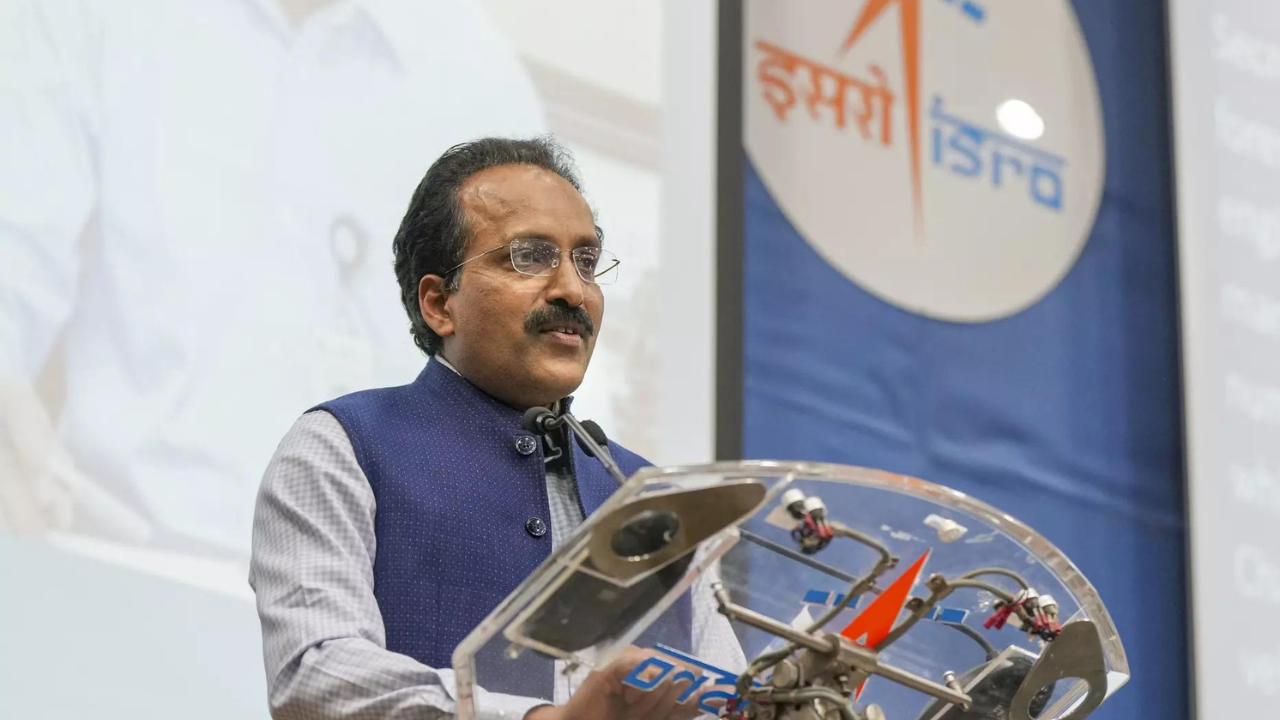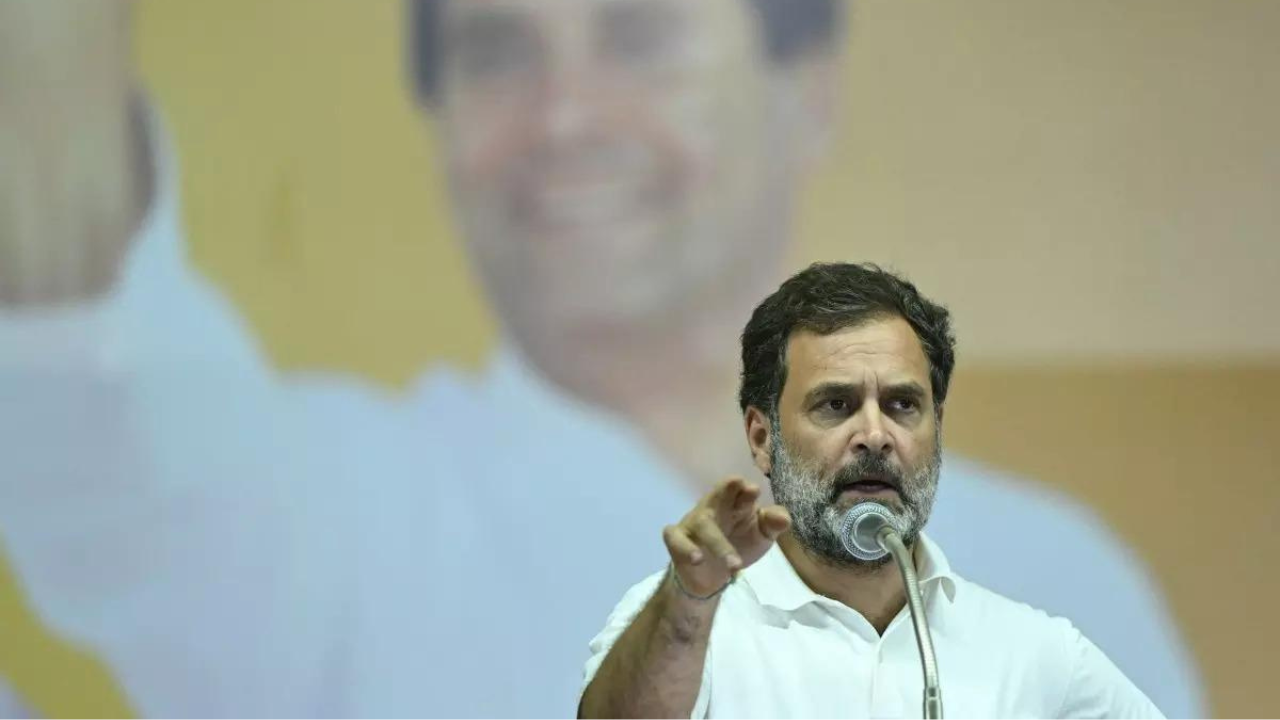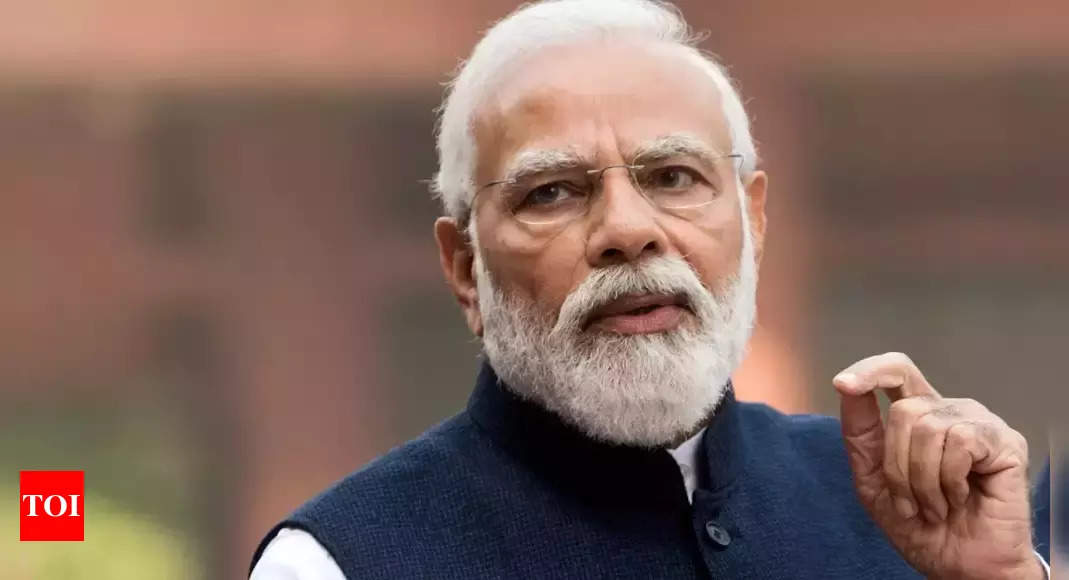India's Soft Power

The Committee on External Affairs has just released its 16th Report, delving into the promising avenues and inherent constraints of India's Soft Power and Cultural Diplomacy.
Soft Power:
- Differing from the forceful tactics of Hard Power, Joseph Nye introduced the notion of soft power during the post-Cold War era.
- Soft power embodies the capability to mold the inclinations of others through allure and magnetism.
- The triad of soft power is comprised of political values, cultural influence, and foreign policy, serving as its fundamental pillars.
Hard Power:
- Traditionally, power within international relations has been synonymous with military prowess and economic dominance.
- This form of power is commonly referred to as Hard Power, characterized by its measurable and quantifiable attributes.
- Hard power is employed through coercive means, including the direct use of force, the imposition of economic sanctions, and the overt threat of military action.
Nye contends that thriving states necessitate a dual approach, harnessing both hard and soft power. This entails possessing the capacity to compel others through coercion while also wielding the capability to influence their enduring attitudes and preferences over the long term.
Soft Power: Why it's Important for India
In addition to economic and military prowess, the concept of Soft Power has emerged as a significant force in global affairs. India's rich tapestry of arts, culture, yoga, spiritualism, culinary diversity, festivals, music, and dance has captivated people worldwide for centuries.
For fostering Goodwill: India's cultural ethos has cultivated a benevolent global image and garnered immense goodwill, albeit requiring consistent delivery of quality projects to sustain.
As a Strategic Investment: To position itself as a leading strategic investor in commercially viable infrastructure projects, India must fulfill its commitments and promises effectively.
Post-Pandemic Dynamics: Amidst increased cooperation and recognition of the need for global collaboration, India's role as the "pharmacy of the World" has gained prominence.
Trade and Investment Promotion: Establishing itself as a trusted and dependable partner is essential for India to attract rising trade and investment flows into its burgeoning markets.
Diplomatic Agreements and Communication: Leveraging Soft Power enables India to facilitate diplomatic dialogue and forge agreements through peaceful means, bolstering its brand as a proponent of Non-alignment, Democratic values, and ethical principles.
Global Outreach: Harnessing its Soft Power instruments allows India to connect with a diverse global audience, amplifying its influence on the global stage and fostering inclusive growth worldwide.
Utilizing India's ancient wisdom and spirituality can further enhance its leadership role on the global stage, reinforcing its position as a beacon of enlightenment and progress.
The challenges India faces can be summarized as follows:
-
Financial Constraints:
- India confronts the obstacle of limited financial resources to support its infrastructure initiatives.
- Prioritization of projects aligned with strategic objectives is imperative due to this constraint.
- Stimulating economic growth and market liberalization can bolster India's ability to amass funds for international ventures.
-
Institutional Deficiencies:
- India lacks a dedicated development partnership agency equipped with the mandate to formulate comprehensive strategies.
- Establishing an independent agency is essential for devising both short-term and long-term plans, identifying priorities, and fostering knowledge exchange.
- Streamlining internal institutional processes, such as policy formulation and bureaucratic procedures, is crucial to meeting infrastructure development targets efficiently.
Committees have proposed several recommendations to bolster India's soft power diplomacy:
-
Expansion of Overseas AYUSH Centres:
- The Ministry of External Affairs (MEA) should spearhead the establishment of more AYUSH centres abroad in a strategic and systematic manner to promote traditional Indian healthcare practices.
-
Creation of a Yoga Certification Board:
- Collaboration between the Ministries of AYUSH and External Affairs is recommended to establish a Yoga Certification Board. This entity would authenticate Indian yogic practices and therapies, aligning with government initiatives to popularize yoga globally.
-
Engagement with the Indian Diaspora:
- Leveraging the Indian diaspora as a significant asset for India's soft power outreach is emphasized. Encouraging collaboration with the diaspora can enhance the dissemination of India's cultural influence in regions where it is not yet well-established.
-
Recognition of Ayurveda in Medicine:
- Advocacy for the recognition of Ayurveda as a legitimate system of medicine and the adoption of India's pharmacopeia to facilitate the export of Ayurvedic products as medicinal items. Currently, Ayurvedic products face challenges due to lack of recognition in foreign countries.
-
Reevaluation of Pricing System for Monuments:
- The committee suggests reconsidering the differential pricing of monument tickets for foreigners and Indians, deeming such policies unnecessary in a globalized context. Such pricing disparities can deter foreign travelers and lead to loss of revenue.
-
Enhanced Budget for Cultural Diplomacy:
- A call for an increased annual budget allocation of ₹500 crore for the Indian Council For Cultural Relations (ICCR) to bolster India's cultural diplomacy efforts significantly.
-
Establishment of a Coordination Committee:
- Formation of a coordination committee comprising representatives from the MEA and other relevant ministries to address the existing lack of coordination among various institutions involved in projecting India's soft power and cultural diplomacy.
-
Development of a Policy Document:
- The MEA should draft a comprehensive policy document outlining India's soft power strategies, including a delineation of its soft power tools and strategies for future projection abroad. This document would provide a roadmap for India's soft power initiatives.













